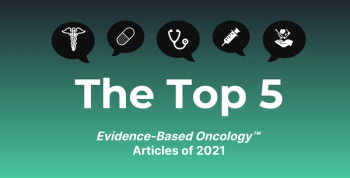
Articles on advances in immuno-oncology and non-small cell lung cancer were popular with readers in the past year.
Mary Caffrey is the Executive Editor for The American Journal of Managed Care® (AJMC®). She joined AJMC® in 2013 and is the primary staff editor for Evidence-Based Oncology, the multistakeholder publication that reaches 22,000+ oncology providers, policy makers and formulary decision makers. She is also part of the team that oversees speaker recruitment and panel preparations for AJMC®'s premier annual oncology meeting, Patient-Centered Oncology Care®. For more than a decade, Mary has covered ASCO, ASH, ACC and other leading scientific meetings for AJMC readers.
Mary has a BA in communications and philosophy from Loyola University New Orleans. You can connect with Mary on LinkedIn.

Articles on advances in immuno-oncology and non-small cell lung cancer were popular with readers in the past year.

Adriaan Voors, MD, professor of cardiology and director of the Heart Failure Clinic, University Medical Center Groningen, the Netherlands, explains why patients provided sodium-glucose co-transporter 2 (SGLT2) inhibitors in hospitals may be unable to continue the medication after discharge.

Coverage from the 2021 COA Payer Exchange Summit.
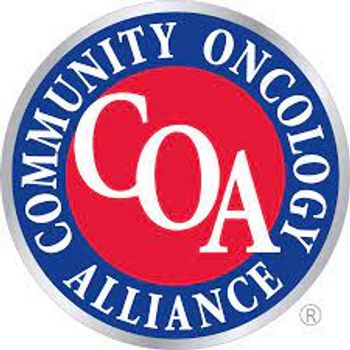
Coverage from the 2021 COA Payer Exchange Summit.
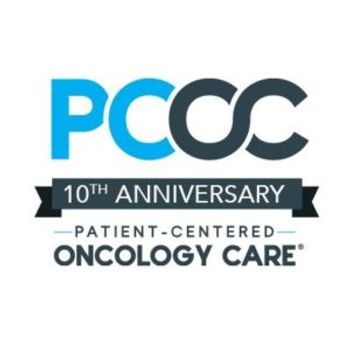
Physicians said it is in payers’ interest to use artificial intelligence to address social determinants of health, to cover tests, and to gather data. Doing so could let them stratify who needs certain screenings and diagnostic procedures and who doesn’t, which could lead to less consumption of health care.

Vertical integration of payers and pharmacy benefit managers (PBMs) took flight with the mergers of Aetna and CVS Health and of Cigna and ExpressScripts. Panelists at Patient-Centered Oncology Care® said the shift has filtered down to affect access at the practice level.

Duncan Allen, MHA, introduced the audience to the OneR clinical research initiative, and Jeffrey Patton, MD, discussed how the hospital transparency law has bolstered the case for the value of community oncology.

Today’s challenge, according to Microsoft's Iksha Herr, MS, is learning how to leverage artificial intelligence (AI) to process the waves of health care data and to drive insights that lead to better care delivery.

Bruce A. Feinberg, DO, of Cardinal Health Specialty Solutions, leads a panel discussion on how far randomized clinical trials have come, how they could be better, and how using real-world evidence could make research more representative of the population.

During the discussion of disparities in cancer care, one panelist explained that the National Institutes of Health definition of precision medicine is broader than most people realize.


Adriaan Voors, MD, University Medical Center Groningen, the Netherlands, discusses how and why sodium-glucose co-transporter 2 (SGLT2) inhibitors act so quickly for patients with heart failure.
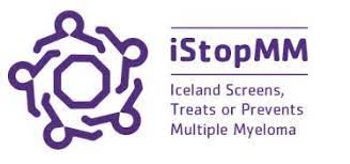
Five years ago, investigators in Iceland sought to evaluate what would happen if screening for MGUS were widely available—and whether it would improve overall survival.
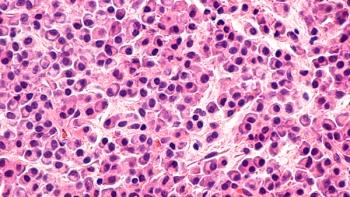
Subcutaneous (sub-Q) administration of isatuximab plus pomalidomide may provide survival advantages for patients with relapsed and refractory multiple myeloma, making it another treatment option for this patient group.

Results presented at the 63rd Annual American Society of Hematology Meeting showed that using polatuzumab vedotin instead of vincristine in R-CHOP improved progression-free survival in patients with newly diagnosed diffuse large B-cell lymphoma.

Two-third of those who receive a chronic lymphocytic leukemia (CLL) diagnosis are age 65 or older, so the ease with which drugs are covered in Medicare has an outsized role in patient access to care.

Frederick L. Locke, MD, of Moffitt Cancer Center in Tampa, Florida, is the lead study author of the phase 3 ZUMA-7 trial, which examined the use of axi-cel in second-line treatment of patients with relapsed or refractory large B-cell lymphoma (R/R LBCL).
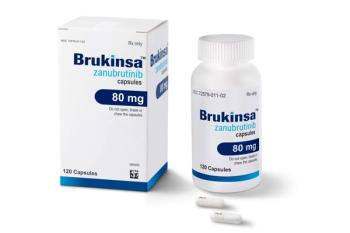
Zanubrutinib produced prolonged progression-free survival (PFS) compared with a combination of bendamustine and rituximab among treatment-naïve patients with chronic lymphocytic leukemia/small cell lymphocytic lymphoma (CLL/SLL).

Sumit Gupta, MD, of The Hospital for Sick Children in Toronto, Canada, told attendees at the 63rd Annual American Society of Hematology Meeting that biological or genetic factors accounted for some of the gap in survival rates, but not all.

Results presented Saturday at the annual meeting of the American Society of Hematology show significant benefits in event-free survival, progression-free survival, and complete response over standard of care.

Organizers of the 63rd Annual American Society of Hematology Meeting and Exposition have multiple safety precautions in place to host a hybrid meeting in Atlanta December 11-14.


Interstitial lung disease (ILD), created by inflammation that leads to scarring of the lungs, causes shortness of breath, dry cough, and fatigue; data show it doubles mortality risk in rheumatoid arthritis (RA).

Authors from the University of Colorado say factors from skin irritations, to cost, to lack of insurance coverage, to physician barriers have limited uptake of automated insulin delivery systems.

Adriaan Voors, MD, discusses possible mechanisms of action of empagliflozin that produce such beneficial results among patients with heart failure, in an interview about the EMPULSE trial prior to this year’s American Heart Association Scientific Sessions.

Cynthia Rice, MPP, JDRF chief mission strategy officer, explains how Build Back Better would affect the cost of insulin.

The decision will provide Medicare coverage tests for minimal residual disease (MRD) starting December 26, 2021.

Cynthia Rice, JDRF chief mission strategy officer, discusses how JDRF is working to make automated insulin delivery available and affordable for everyone.

Zhonglin Hao, MD, PhD, of the Markey Cancer Center at the University of Kentucky, answers questions about recently approved therapies in small cell lung cancer (SCLC) and current trials examining new treatment options.

To guide its growth and its forays into home-based care, SCAN Group recently announced a Diversification Advisory Council, a group of 6 leaders from inside and outside health care with expertise in health care technology, reimbursement, and consumer engagement.

259 Prospect Plains Rd, Bldg H
Cranbury, NJ 08512
© 2025 MJH Life Sciences®
All rights reserved.
